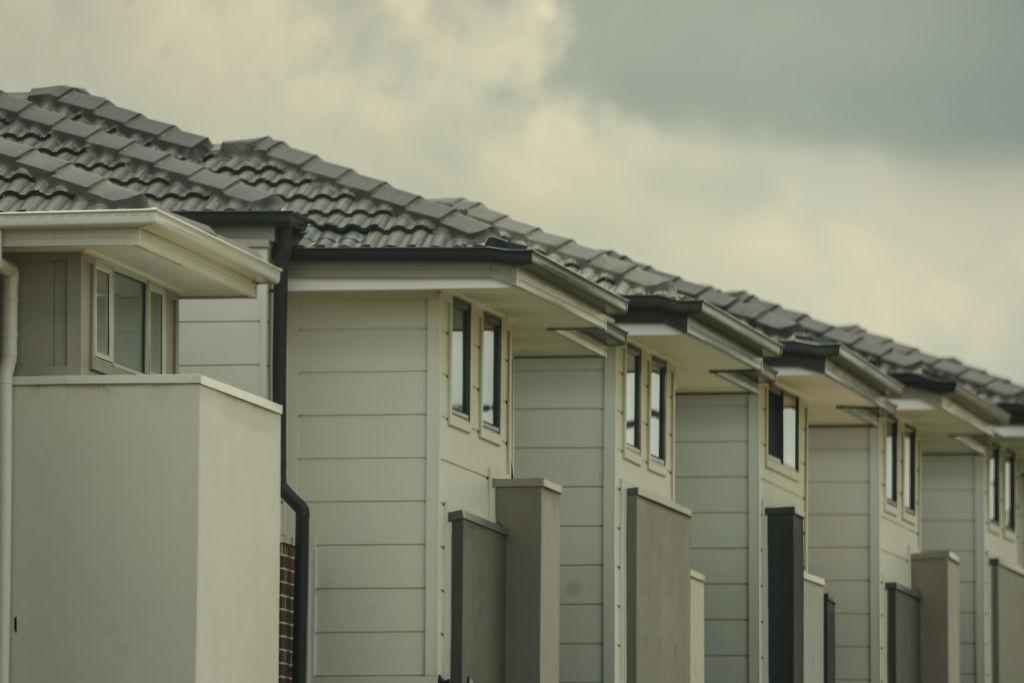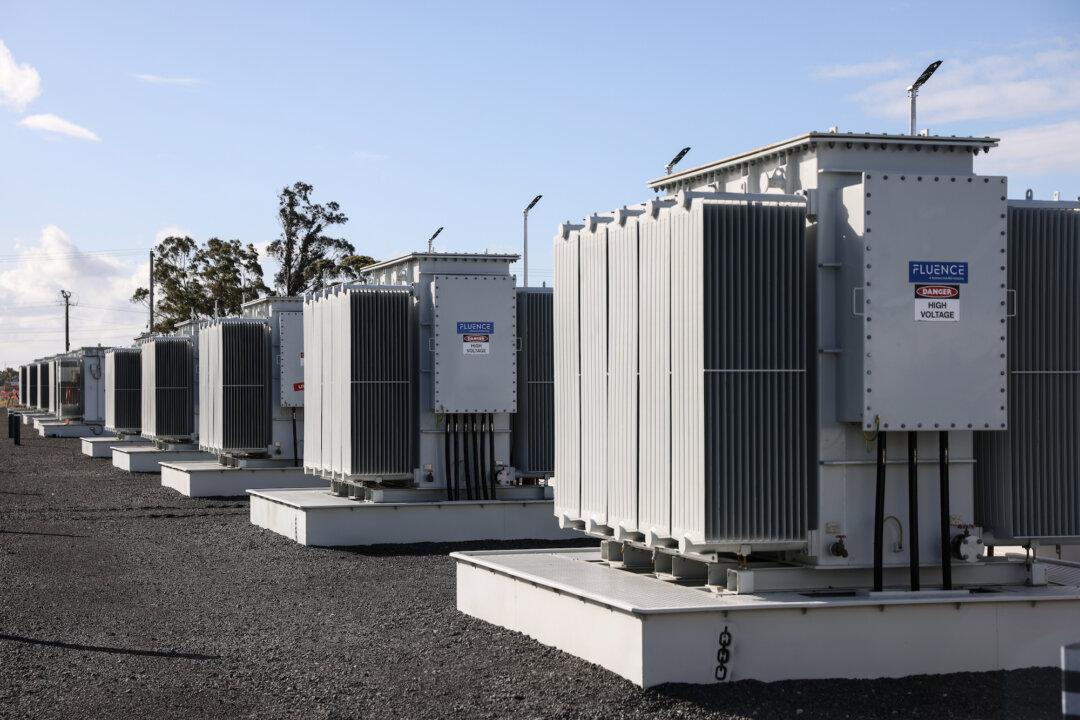Federal Treasurer Jim Chalmers said the Opposition’s plan to reduce migration and impose a two-year ban on foreigners buying Australian homes would hurt the economy and divide the local community.
Opposition Leader Peter Dutton has promised that if he were elected in 2025, a coalition government would reduce the number of international students and overseas migration from 260,000 to 160,000. He claimed that this move would free up 100,000 houses across the next five years.




